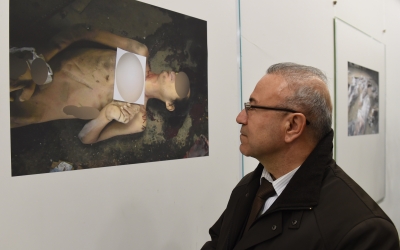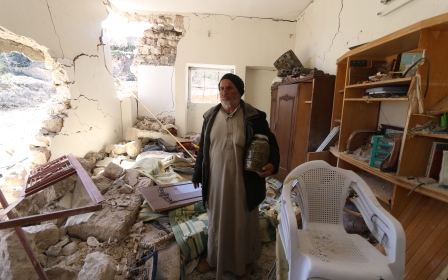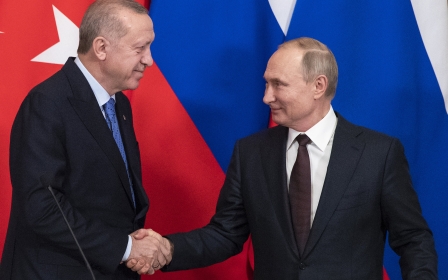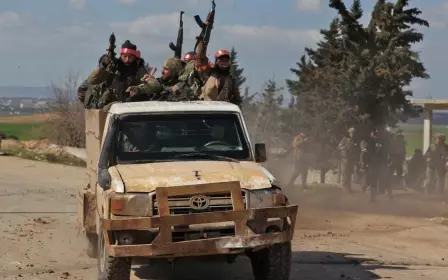Syrians urge US senators to enforce tougher measures against Assad's government
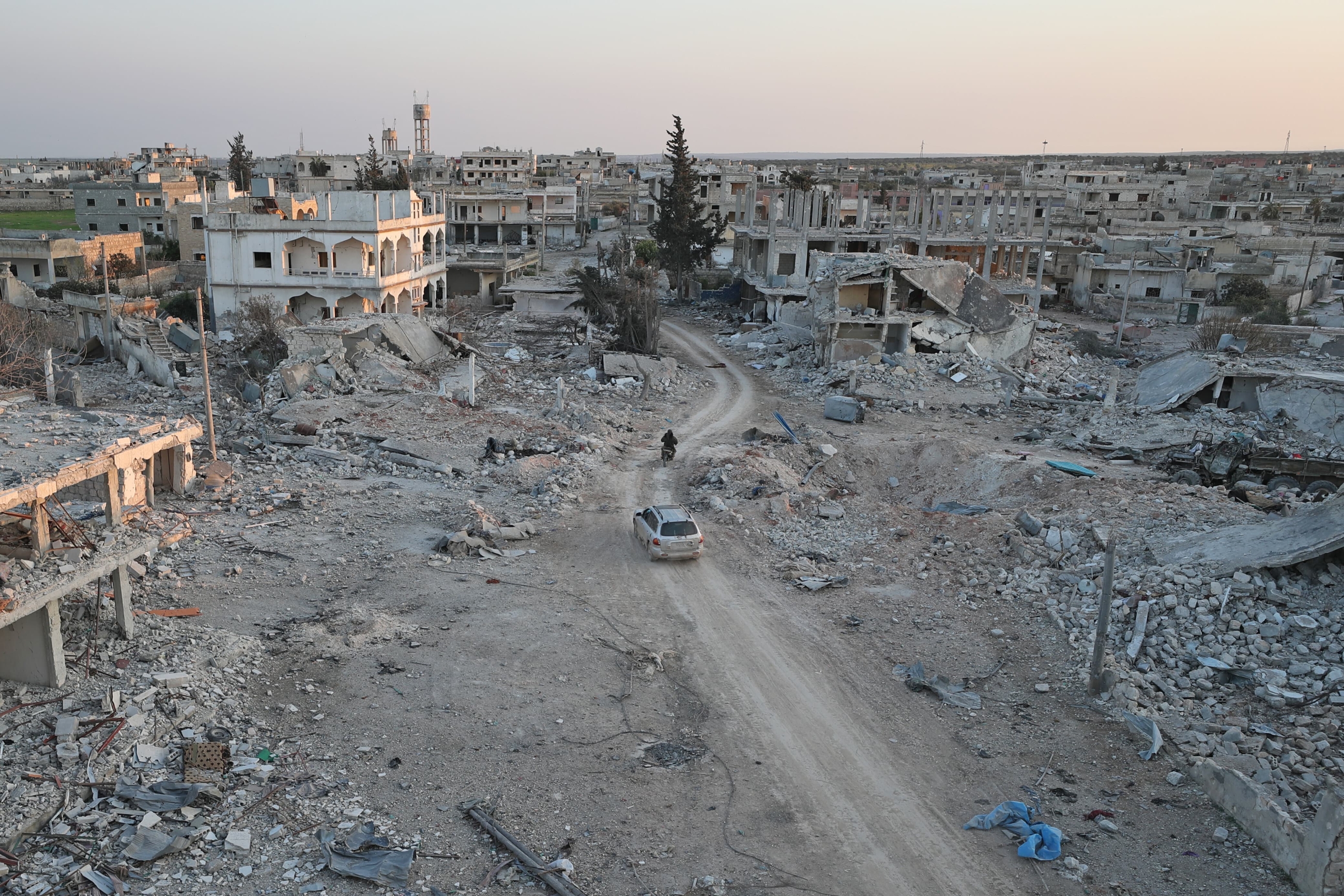
A group of Syrian dissidents have urged US senators to enforce tougher measures against the government of President Bashar al-Assad, warning the international community's tame response was giving Damascus a "green light" to continue human rights abuses.
One Syrian, known only by his code name Caesar, told the Senate Foreign Relations Committee on Wednesday that while a fragile ceasefire was holding in the war-ravaged province of Idlib, forces loyal to Assad were continuing to commit atrocities with impunity.
"Killing has increased in the same places - and in the same ways - and at the hands of the very same criminals," Caesar said in a prepared testimony.
"And the reason is that the Assad regime considered the inaction of the international community and the mere statements of condemnation as a green light to continue their crimes."
'The Caesar Law has become the only ray of hope for the Syrian people in the absence of any military or political solution,'
- Caesar, defector
Caesar, a Syrian military defector, escaped from Syria in 2013 and brought with him tens of thousands of photos chronicling evidence of war crimes carried out by the Syrian government.
New MEE newsletter: Jerusalem Dispatch
Sign up to get the latest insights and analysis on Israel-Palestine, alongside Turkey Unpacked and other MEE newsletters
Caesar's actions led to the creation of the Caesar Syria Civilian Protection Act, a bipartisan piece of legislation that was aimed at sanctioning Assad and other high ranking officials, as well as industries, including infrastructure, the military, and energy.
"We have worked and we continue to work in order to bring the pleas and the screams of tens of thousands of those that remain in detention," Caesar said.
The Caesar Act passed unanimously in the House, but never made it to the Senate. Parts of the bill were then added to US President Donald Trump's defence policy bill for 2019.
"The Caesar Law has become the only ray of hope for the Syrian people in the absence of any military or political solution," Caesar said.
"This law is a powerful message to all who support the Assad regime that the time for accountability and justice is coming and that no matter how long oppression lasts, there is no doubt that truth will prevail."
What does the Caesar Act call for?
The Caesar Act was worked into the National Defense Authorization Act last December. The bill has yet to be fully implemented, something that Caesar and US politicians noted.
"We have not seen assertive policies from either of the past two administrations," Senator Bob Menendez said during the hearing.
Senator Jim Risch, the committee's Republican chairman, said "the Syrian people deserve better" and that he was working with the Trump administration to ensure sanctions were implemented.
The US previously imposed sanctions on Syria well before the 2011 Arab Spring uprising, and they were extended by the Barack Obama administration after Assad intensified his bloody crackdown on the protesters.
The sanctions have frozen the assets of the Syrian state and hundreds of companies and individuals, including government figures, military and security personnel and others accused of involvement in making or using chemical weapons.
They also ban new investments, exports, sales or supply of services to Syria by any US person.
The Caesar Syria Civilian Protection Act of 2019, however, calls for even more punitive measures, including placing sanctions on the country's leader, Assad, and potentially sanctioning Syria's central bank.
Backed by Russian air power, the Syrian government has advanced on Idlib in recent months, forcing around a million refugees to seek safety near the Turkish border.
According to the UN, around half a million children are believed to be at risk, with the recently displaced struggling to find shelter amid freezing winter temperatures.
"I was in Idlib three weeks ago," Raed al-Saleh, the founder of the White Helmets civil defence group, said in a written testimony.
"There are no words to describe the apocalyptic horrors I witnessed there. Numbers are no longer useful as the horror cannot be quantified."
Middle East Eye delivers independent and unrivalled coverage and analysis of the Middle East, North Africa and beyond. To learn more about republishing this content and the associated fees, please fill out this form. More about MEE can be found here.


